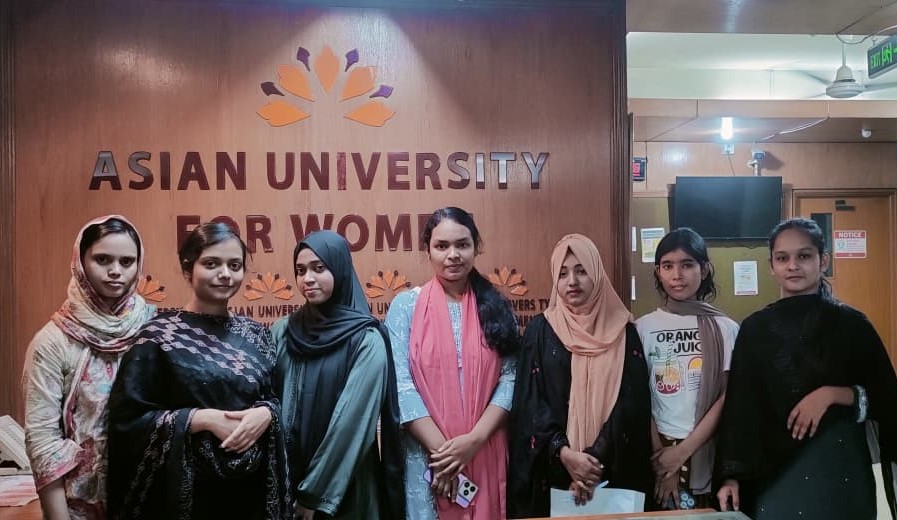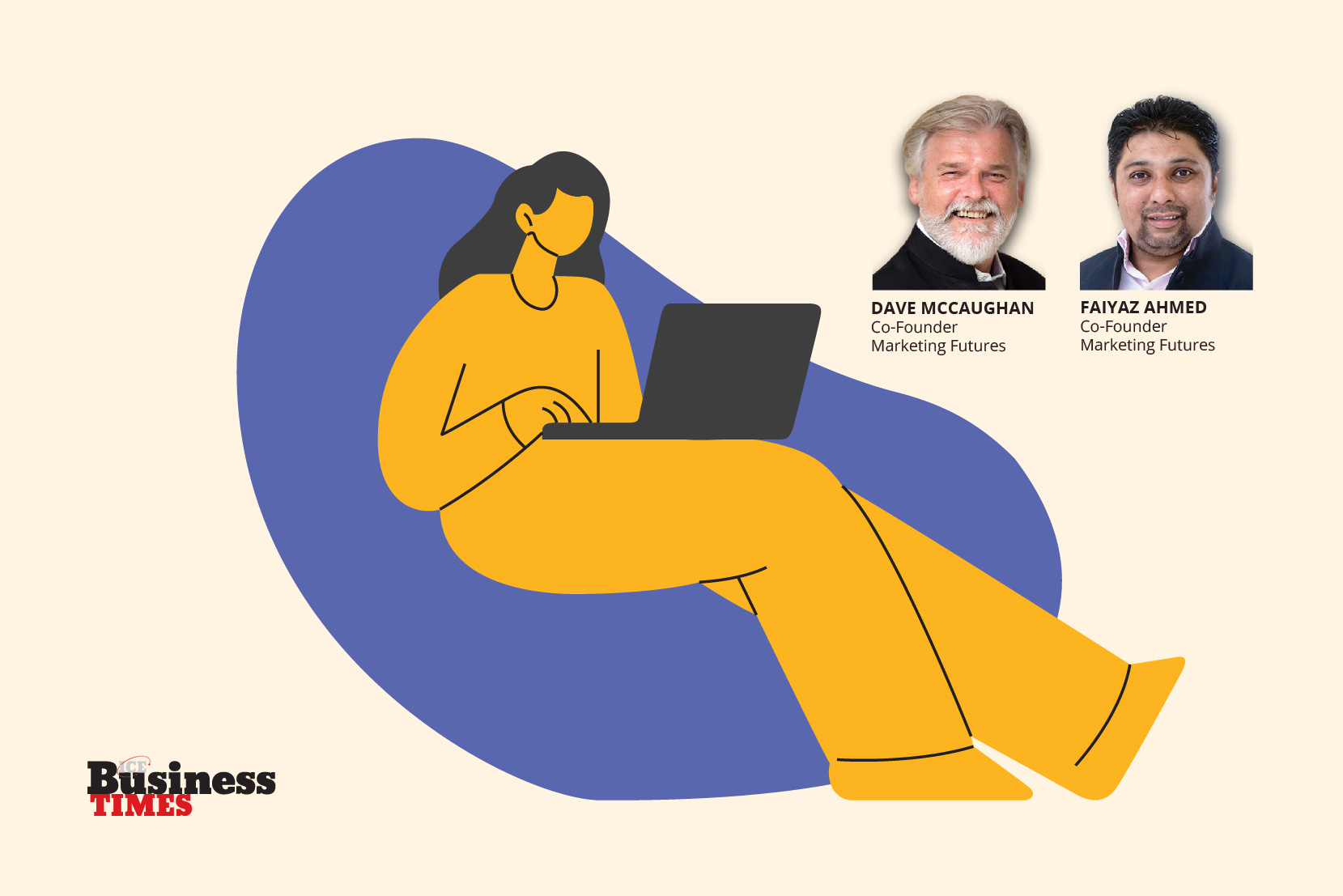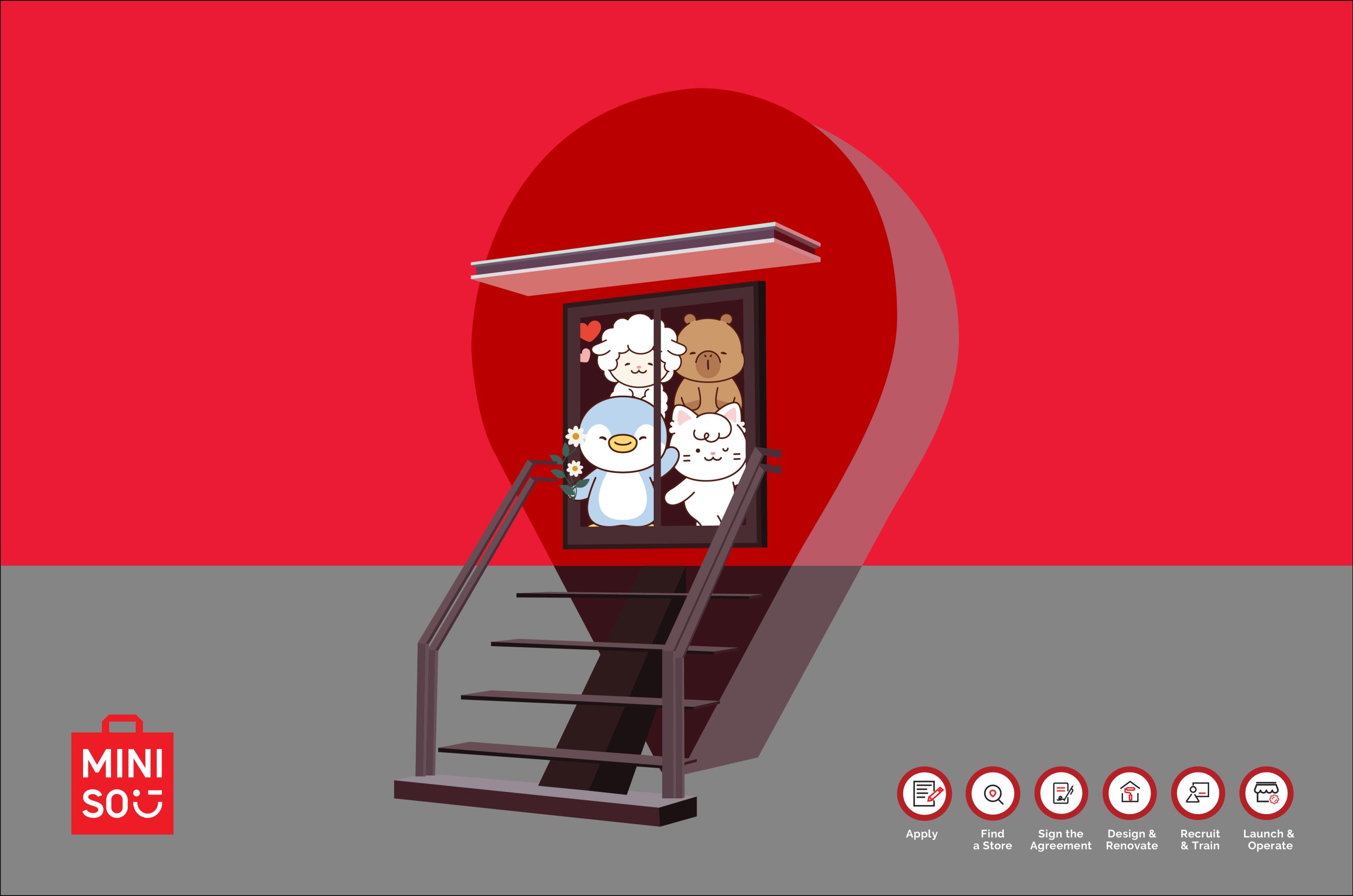The one who shows dedication to public service maintaining high ethical standards should be recognised as a role model in the civil service and even outside the realm of bureaucracy
In the midst of many crises, one that we do not talk about sufficiently is a crisis of role models. Why are role models important in society? Because they inspire others around them, because they provide a set of values and they show the path how to succeed in life. They give confidence to others that change is possible. They play a very constructive role in any society.
It is not necessary that role models are picked only from the big leaders. They may be big leaders and may not be as well. For example, a good public servant can be a good role model for society. The one who shows dedication to public service maintaining high ethical standards should be recognised as a role model in the civil service and even outside the realm of bureaucracy. Because such a public servant sets an example for others to follow.
One of our shortcomings in the perception of a role model is that we define them almost only by glamour. In fact, it has been injected into our thought process that role models should be glamorous people.This is not the case in the real world. I have found relevance of five kinds of role models for the current situation in Bangladesh.
Firstly, there is a need for revival of public ethics as we have witnessed a near collapse of ethics in society. In an earlier age, there were dedicated education officers at the district level who were seen as role models because they played their role as public servants without greed. How far from that have we come today? Corruption has spread so much so that we seem to have lost the very concept of role models in the public domain. Members of Parliament (MPs) could have been good role models for the people of different ages and across various segments but unfortunately the image of most of the MPs, if not all, has been stigmatised for reasons well known to conscious people.
Secondly, role models in the business arena today are more important as they give solutions to various business problems and puzzles by doing, showing, innovating and advising. Business role models are those who try to go ahead and who overcome problems. There are several examples in Bangladesh. Microcredit is a classic example in which the microcredit distributors and recipients both proved a certain amount of creativity. So is the readymade garments sector where unskilled and semi-skilled women showed their ability to create the platform of a dynamic sector. Entrepreneurs here are the first generation business people who have shown the greater path of creating a made-in Bangladesh brand. However, business role models should not be limited to any particular sector. They should be defined by their initiatives, creativity and solutions to existing problems.
Thirdly, community leadership was a major area for role models that proved the strength of traditional Bangladesh society. Who founded schools and charity organisations in our part of the world? It was all about personal initiative for the community or collective initiative for the collective welfare. Because of a decline in such collective thinking the role models in rural society have largely withered away. Role models are essential for community interest as they give social cohesion and stability.
The fourth type of role model relates to larger than life leadership that shows the path of salvation to others through lifetime achievements and the lesson of a whole life. I think Nelson Mandela belongs to this category. As a role model, he contributed to multi-dimensional improvement and the impacts of his leadership were beyond the time of his tenure as President only for one term. Mandela inspired South Africans, he united South Africa, he led the country and he created values and new leadership.
The fifth and also unique type of role models is necessary for the women and disadvantaged communities such as ethnic minorities. This kind of role model can provide confidence to the members of the disadvantaged community to do better.
Let us admit that deficiency in role models is one of the crises in Bangladesh.This is simultaneously a cause and effect of social tensions, lack of tolerance and due respect for others. We have hardly any role models who could resolve social and political tensions and this is a cause of social frustration, especially among today’s youths. We have quantitative expansions in various sectors but we suffer in quality for lack of role models. This is applicable as much in business and as in education, healthcare, roads and infrastructure, mills and factories, agriculture and urbanisation.
There is also a different problem. There may be role models but society may be miserly in its appreciation and recognition of such role models. . Role models are also something that the society needs to recognise and the people around him/her need to appreciate not run them down. It is a cultural issue and a matter of mutual respect.We need to nurture role models for our collective social interests and develop a culture of mutual respect through recognition of role models.
* Dr Hossain Zillur Rahman is a former Adviser to Caretaker Government and currently Executive Chairman of Power and Participation Research Centre (PPRC).














